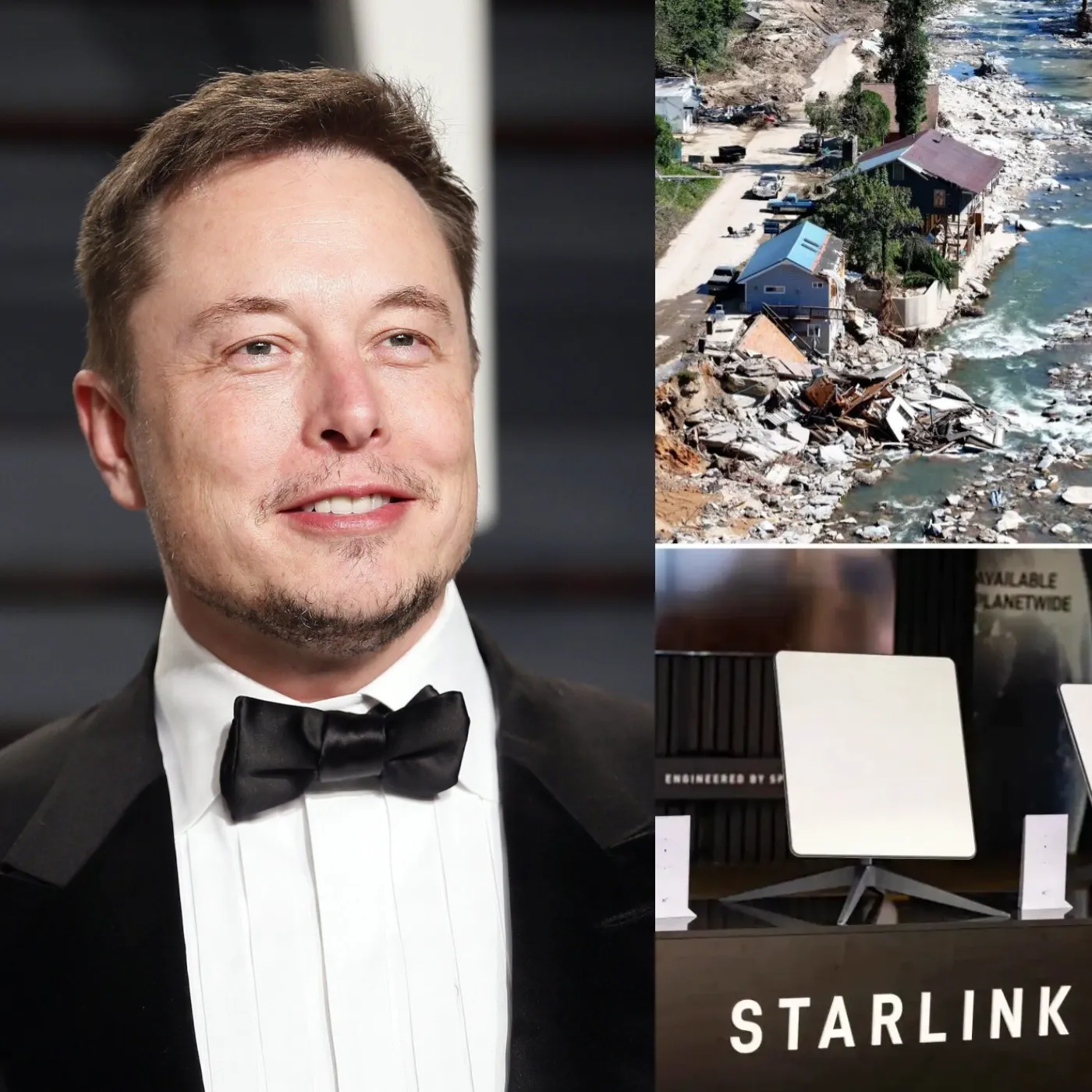
In the wake of Hurricane Helene’s devastating impact, many survivors are left grappling with the aftermath, seeking essential services to aid their recovery. Among the companies stepping into the fray is Elon Musk’s Starlink, the satellite internet provider known for its ambition to deliver high-speed internet access to remote and underserved areas. However, a recent controversy has emerged as reports indicate that Starlink is charging hurricane survivors $400 for what was marketed as ‘free’ internet service. This situation raises important questions about corporate responsibility, ethics, and the expectations set during emergencies.

Hurricane Helene made landfall, wreaking havoc on communities and leaving many without power, basic utilities, or reliable communication. In times of crisis, internet access becomes a lifeline, providing vital information, updates, and connectivity to loved ones. Recognizing this need, Starlink initially announced its intention to offer free internet service to those affected by the hurricane, a gesture that seemed to offer hope and relief to the devastated communities.
As survivors reached out to access Starlink’s supposedly free internet service, they were met with unexpected charges. Reports reveal that users were required to pay an installation fee of $400, along with the cost of equipment rental, to receive the service. This unexpected financial burden has left many questioning the sincerity of Starlink’s commitment to help those in need.

Many survivors, still reeling from the hurricane’s aftermath, voiced their frustration online. “How can they call it free when there’s a hefty price tag attached?” one user lamented. This sentiment resonated across social media platforms, prompting discussions about corporate accountability and the ethical implications of charging vulnerable individuals during a natural disaster.

The incident has sparked a broader conversation about the role of corporations during emergencies. While many companies offer aid and support during disasters, the fine print often reveals hidden costs that can exploit the very individuals they claim to assist. Critics argue that companies like Starlink should prioritize community support over profit, especially when lives have been upended.
In an era where corporate social responsibility is increasingly under scrutiny, the expectation is that businesses will act with integrity and compassion in times of crisis. Starlink’s actions have raised eyebrows, leading to questions about its corporate philosophy and dedication to community welfare.
https://x.com/michaelnicollsx/status/1841482450737717426
In response to the backlash, a spokesperson for Starlink stated that the charges are necessary to cover the costs of providing service in disaster-stricken areas. They emphasized that the intention was to deliver reliable internet access, which requires significant resources and infrastructure. However, many remain unconvinced, viewing the fees as a betrayal of the company’s initial promise.
Looking forward, this incident may have lasting implications for Starlink’s reputation and customer trust. As the world becomes more interconnected, companies must navigate the delicate balance between business interests and genuine humanitarian efforts. Failure to do so could lead to a loss of public confidence and loyalty.
https://x.com/elonmusk/status/1841532500054532526
As survivors of Hurricane Helene continue to rebuild their lives, the controversy surrounding Starlink’s internet service underscores the complexities of corporate involvement in disaster recovery. While the desire to connect individuals in times of need is commendable, the execution must align with ethical practices and genuine compassion. As consumers increasingly demand transparency and accountability, companies like Starlink will need to reassess their strategies to ensure that their actions reflect a commitment to serving those most affected by crisis, rather than prioritizing profits over people. The road ahead for both hurricane survivors and corporate entities will be challenging, but it presents an opportunity for growth and positive change in the face of adversity.






